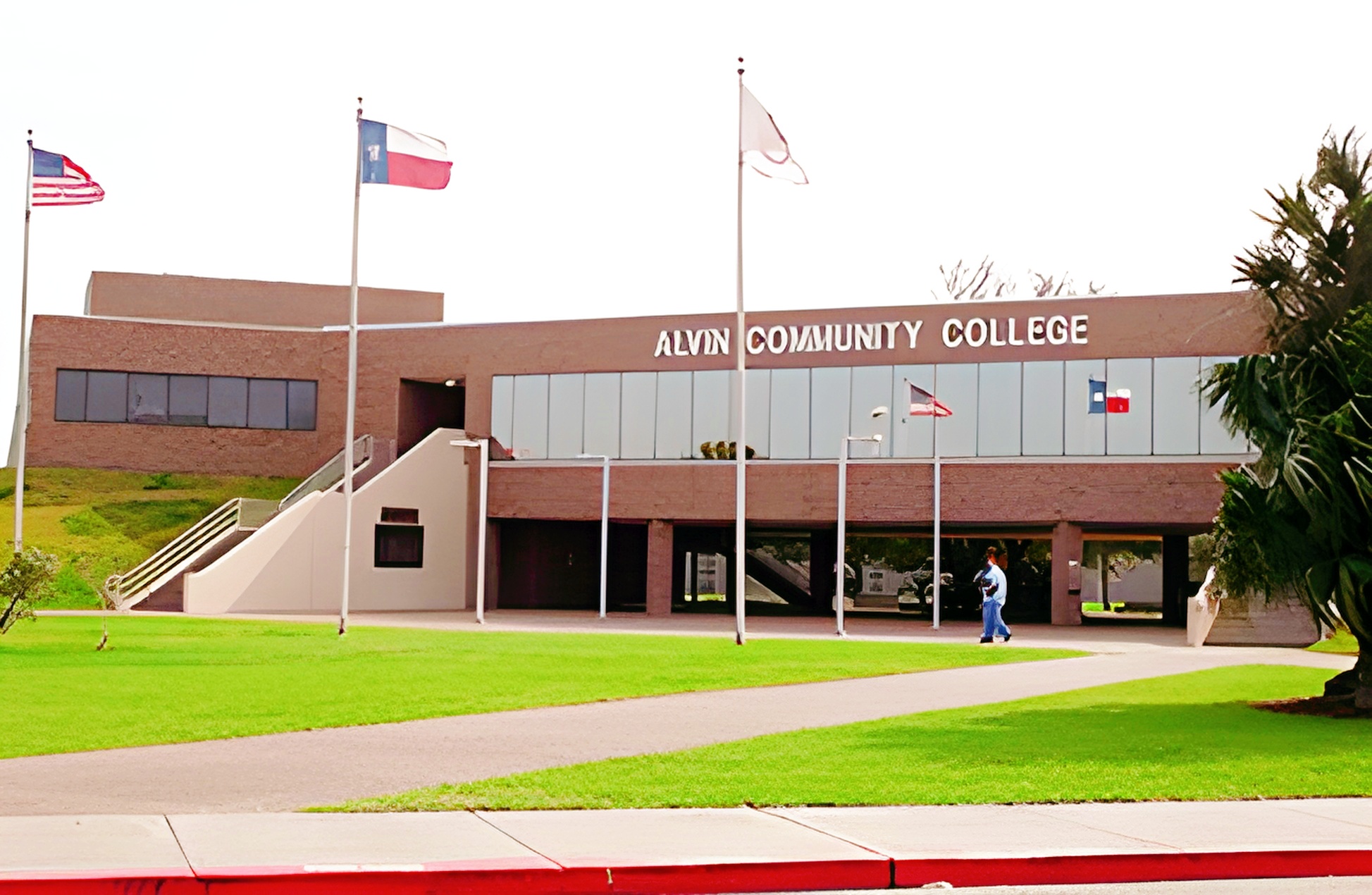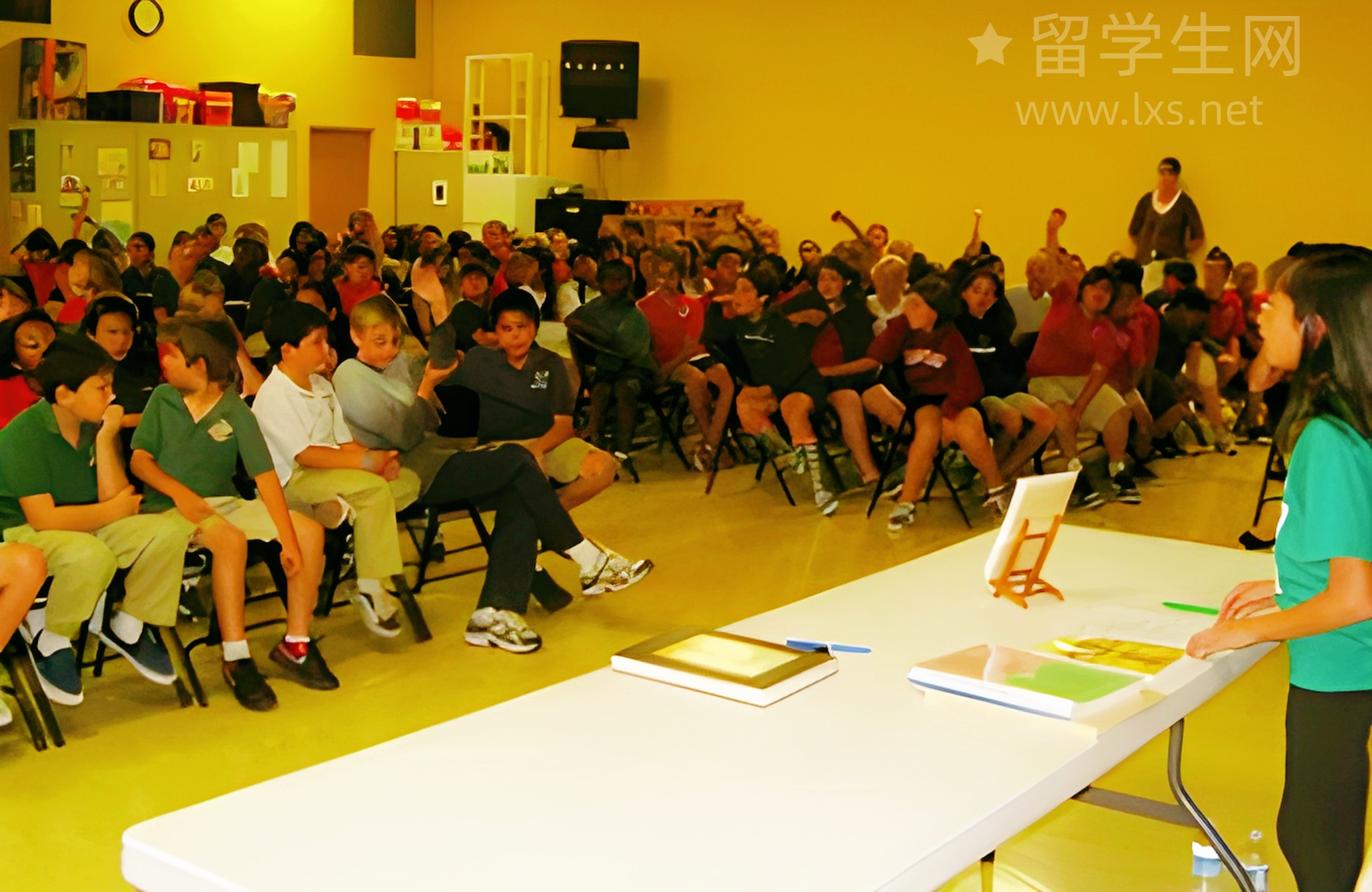| 清单使用必读 |
|---|
| 本清单旨在“精”而非“多”,重在理解和应用。建议每个词汇都尝试自己造句,并结合口语和写作话题进行练习,真正内化为自己的语言。死记硬背效果有限,灵活运用才是王道! |
还在抱着那本比砖头还厚的雅思词汇书死磕吗?是不是感觉背了忘、忘了背,最后考场上一个都想不起来?别慌,咱们懂你!作为你的专属备考伙伴,这篇“爆分清单”就是特地为你准备的考前救星。
我们没堆砌几千个生僻词,而是帮你把考官最爱考的核心高频词、地道的同义替换、还有写作口语里能瞬间提分的“高级货”都划好了重点。清单按话题分类,从教育、科技到环境、社会,每个词都配了实用例句,让你知道怎么用、用在哪,告别无效背诵。考前时间宝贵,别再瞎忙活了,跟着这份清单走,把力气花在刀刃上,冲刺7分就靠它了!
教育类 (Education)
1. Cultivate (v.) 培养,塑造
用法:比 train 或 develop 更显正式和精心,常用于培养能力、兴趣或品质。
例句:Schools should cultivate students' critical thinking skills rather than just encouraging rote learning.
2. Curriculum (n.) 课程
用法:指学校、大学等机构开设的全部课程,是写作中谈论“学校应该教什么”的核心词。
例句:The school's curriculum is designed to provide a well-rounded education, covering arts, sciences, and humanities.
3. Pedagogical (adj.) 教学的,教育学的
用法:专业性较强的词汇,用以形容与教学方法、理论相关的事务,能显著提升学术感。
例句:Teachers are encouraged to explore various pedagogical approaches to cater to different learning styles.
4. Holistic Education (n.) 全人教育,全面教育
用法:雅思教育类话题的高分概念,强调教育不仅关乎学术,也关乎情感、社交和身体的全面发展。
例句:Many educators advocate for a holistic education system that nurtures not only the mind but also the character of a child.
科技与创新类 (Technology & Innovation)
1. Ubiquitous (adj.) 无处不在的
用法:替代 everywhere 的高级词汇,形容某事物(尤其是科技产品)极为普遍。
例句:With the rise of smartphones, access to the internet has become ubiquitous in modern society.
2. Revolutionize (v.) 彻底改变,使发生革命性剧变
用法:比 change 语气强烈得多,强调根本性的、颠覆性的改变。
例句:Artificial intelligence is expected to revolutionize numerous industries, from healthcare to transportation.
3. Automation (n.) 自动化
用法:科技类话题(尤其关于工作)的核心词,指使用机器或技术代替人力。
例句:While automation increases efficiency, it also raises concerns about job displacement for manual laborers.
4. Double-edged sword (n.) 双刃剑
用法:非常地道的表达,用于讨论科技、政策等事物的利弊两面性。
例句:The internet is a double-edged sword; it provides vast information but also poses risks to privacy.
环境与环保类 (Environment & Conservation)
1. Sustainable (adj.) 可持续的
用法:环境、经济、社会发展等话题的万能高分词,指不损害后代利益的发展模式。
例句:Governments and individuals must work together to promote sustainable living and reduce our carbon footprint.
2. Biodiversity (n.) 生物多样性
用法:环境类专业核心词,指地球上生命的多样性,是衡量生态系统健康的重要指标。
例句:The deforestation of rainforests is a major threat to global biodiversity.
3. Conservation (n.) (自然)保护
用法:比 protection 更具体,特指对自然环境、历史文化遗迹等的保护和保存。
例句:Conservation efforts are crucial to save endangered species from extinction.
4. Irreversible (adj.) 不可逆转的
用法:用于强调破坏的严重性,说明后果无法挽回,极具说服力。
例句:Climate change could cause irreversible damage to our planet if no immediate action is taken.
光有词汇还不够,如何将它们串联成逻辑清晰、论证有力的段落,是写作拿高分的关键。如果你在谋篇布局上遇到困难,不妨试试我们留学生网https://www.lxs.net的AI写作工具。它强大的智能算法和海量模板库,能帮你快速搭建文章框架,启发思路,让你的论点表达更地道、更专业。
社会与生活类 (Society & Lifestyle)
1. Urbanization (n.) 城市化
用法:社会发展类话题的核心,指人口向城市集中的过程及其带来的影响。
例句:Rapid urbanization has led to numerous challenges in major cities, such as traffic congestion and housing shortages.
2. Social cohesion (n.) 社会凝聚力
用法:高级社会学词汇,指社会成员之间的团结和联系感,常用于讨论多元文化、社区关系等话题。
例句:Community events and public spaces play a vital role in fostering social cohesion.
3. Discrepancy (n.) 差异,差距
用法:比 difference 更正式,常用于指数据、观点、贫富等方面的差距或矛盾。
例句:There is a significant discrepancy between the rich and the poor in many developing countries.
4. Sedentary lifestyle (n.) 久坐的生活方式
用法:健康类话题的常见搭配,精确描述现代人缺乏运动的生活状态。
例句:A sedentary lifestyle, coupled with an unhealthy diet, is a leading cause of various health problems.
最后,小编想说,这份清单是你的考前冲刺利器,但语言学习是一个长期积累的过程。我们留学生网https://www.lxs.net不仅提供雅思备考支持,更是一个覆盖多学科领域的智能学习平台。无论你是急需备考的留学生、大学生,还是需要处理大量文献的研究生、学术工作者,我们先进的AI技术都能为你提供从论文写作到学术研究的全方位支持,助你轻松应对各种学术挑战。祝大家屠鸭成功,早日拿到理想的 offer!






